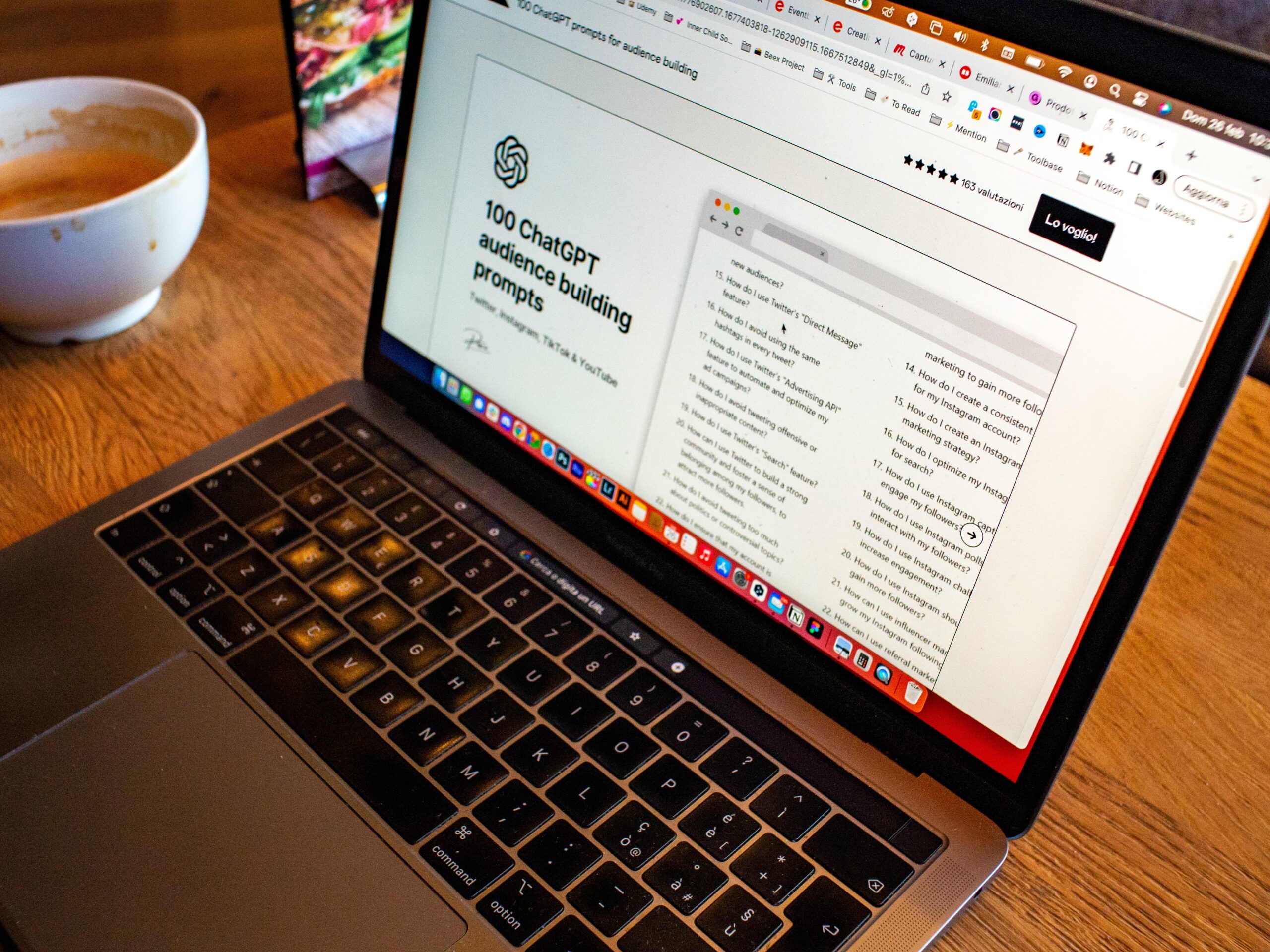Artificial intelligence (AI) is revolutionizing the education sector, transforming the way students learn, teachers teach, and educational institutions operate. From personalized learning experiences to intelligent tutoring systems, AI is reshaping education and unlocking new possibilities. Let’s explore how AI is making its mark in the education sector.

AI-powered Personalized Learning: One of the key contributions of AI in education is personalized learning. By analyzing vast amounts of data, including student performance, learning styles, and preferences, AI algorithms can tailor educational content and delivery to meet the unique needs of each student. This personalized approach enhances student engagement, accelerates learning, and fosters a deeper understanding of concepts.
Intelligent Tutoring Systems: AI-driven intelligent tutoring systems act as virtual tutors, providing personalized guidance and support to students. These systems leverage machine learning algorithms to adapt to individual student progress, identify areas of improvement, and offer targeted feedback. Intelligent tutoring systems enhance student self-paced learning, providing real-time assistance and boosting overall academic performance.
Automated Grading and Assessment: AI-powered grading and assessment systems streamline the process of evaluating student assignments, quizzes, and tests. Using natural language processing and machine learning techniques, AI algorithms can assess written responses, provide feedback, and assign grades with speed and accuracy. This automation saves teachers time and enables timely feedback to students, facilitating a more efficient and effective learning environment.
Data Analytics for Education Insights: AI and data analytics tools enable educators to gain valuable insights into student performance, learning patterns, and areas of improvement. By analyzing data from multiple sources, such as assessments, attendance records, and engagement levels, AI algorithms generate actionable information for educators. These insights help teachers make data-driven decisions, identify struggling students, and implement targeted interventions.
Virtual Reality and Augmented Reality: AI-powered virtual reality (VR) and augmented reality (AR) technologies create immersive learning experiences. VR allows students to explore virtual environments and interact with simulated scenarios, enhancing understanding and engagement. AR overlays virtual elements onto the real world, enabling interactive and visual learning. AI plays a vital role in creating and optimizing these immersive educational experiences.
Administrative Efficiency and Resource Allocation: AI streamlines administrative tasks in educational institutions, freeing up time for teachers and administrators to focus on core responsibilities. AI-powered systems can automate routine administrative tasks such as scheduling, record-keeping, and data management. This efficiency allows educational institutions to allocate resources more effectively and enhance overall operational effectiveness.
Adaptive Learning Platforms: AI-powered adaptive learning platforms use algorithms to analyze student performance and provide targeted content and resources accordingly. These platforms adapt to individual students’ needs, pacing, and learning styles, delivering personalized learning materials, quizzes, and interactive exercises. Adaptive learning platforms promote student autonomy and optimize learning outcomes.
Accessibility and Inclusion: AI technologies are improving accessibility and inclusion in education. AI-powered assistive technologies, such as speech recognition and text-to-speech tools, help students with disabilities access educational content and participate fully in learning activities. AI also supports translation services, enabling students from diverse linguistic backgrounds to engage with educational materials in their native languages.
In conclusion, artificial intelligence is reshaping the education sector by revolutionizing learning experiences, enhancing teaching practices, and optimizing administrative tasks. As AI continues to evolve, its potential for personalized and adaptive learning, data-driven insights, and immersive experiences will further transform education, empowering students, and equipping them with the skills needed for success in a rapidly changing world. The integration of AI in education is not a replacement for teachers but rather a powerful tool that amplifies their capabilities, fosters innovation, and paves the way for a future of enhanced learning opportunities.